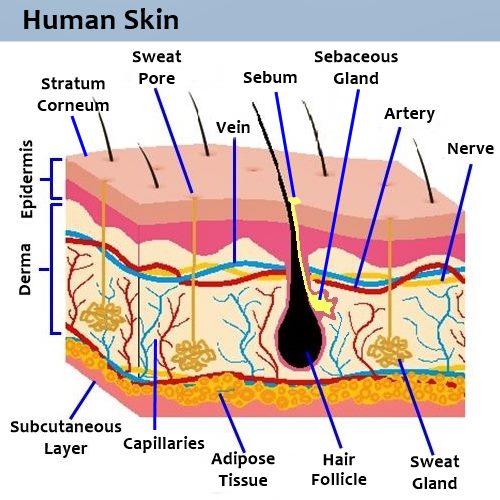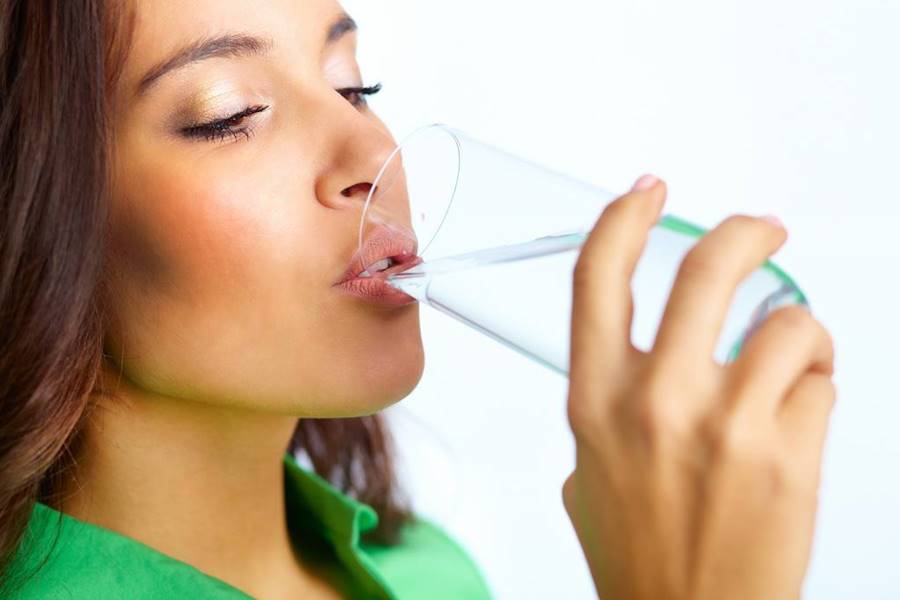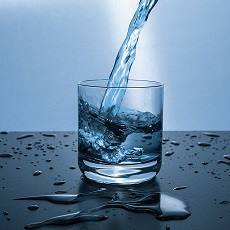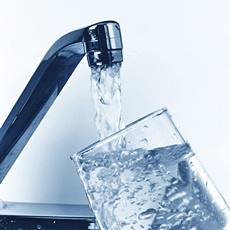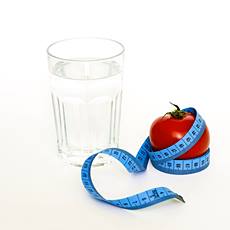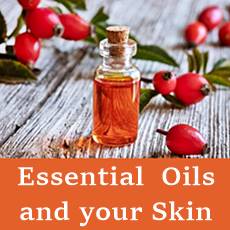Can Drinking More Water Help Hydrate Your Dry Skin?
How to hydrate your skin from the inside
Fact Checked
×All the content published in our website is fact checked to validate its accuracy.
Visit our guidelines web page to learn more about our strict processes regarding how we review our content's sources: reliable and reputable journals, media websites, universities, colleges, organizations, and professionals.
Our articles are based on scientific evidence, and the references are included in its footnotes, which are clickable links to sound scientific papers.
First published: 11.Oct.2018
Overview: Water and your skin
There is plenty of information on the internet and published in health or beauty magazines asserting that a higher water intake improves the skin's complexion by "moisturizing" it.
Another supposed benefit of drinking plenty of water is that the extra hydration will provide a dermatological detox, and "wash" or "flush" toxins away, cleansing pores, eliminating blackheads, and curing acne, scaly skin, dryness, and other skin conditions.
This detox effect is frequently coupled with another myth, the "8 x 8" rule (drinking eight 8-ounce glasses of water a day to stay healthy.)
In today's article, we will look into the facts and the science that supports or disproves the hydrating and detox effects of water on skin complexion.
References and Further Reading
References and Further Reading
(1) Kathi C. Madison et al. (2003). Barrier Function of the Skin: "La Raison d'Être" of the Epidermis. Journal of Investigative Dermatology August 2003 Volume 121, Issue 2, Pages 231-241. DOI: https://doi.org/10.1046/j.1523-1747.2003.12359.x
(2) Das C, Olmsted PD, (2016). The physics of stratum corneum lipid membranes. Philos Trans A Math Phys Eng Sci. 2016 Jul 28;374(2072). pii: 20150126. doi: 10.1098/rsta.2015.0126
(3) Clive Harding (2005). The importance of intrinsic enzyme activity for stratum corneum health. Journal of the American Academy of Dermatology, Volume 52, Issue 3, P41. 100% supported by Unilever Home & Personal Care
(4) Zettersten EM, Ghadially R, Feingold KR, Crumrine D, Elias PM. (1997). Optimal ratios of topical stratum corneum lipids improve barrier recovery in chronologically aged skin. J Am Acad Dermatol. 1997 Sep;37(3 Pt 1):403-8.
(5) Guzman-Alonso M, Cortazar T., (2016). Water content at different skin depths and the influence of moisturizing formulations. H&PC Today - household and Personal Care today, vol. 11(1) Jan/Feb 2016
(6) M. Akdeniz T. Tomova-Simitchieva G. Dobos U. Blume-Peytavi J. Kottner, (2018). Does dietary fluid intake affect skin hydration in healthy humans? A systematic literature review. Skin Research and Technology. Vol 24:3 Aug 2018, 459-465 https://doi.org/10.1111/srt.12454
(7) Wolf R, Wolf D, Rudikoff D, Parish LC, (2010). Nutrition and water: drinking eight glasses of water a day ensures proper skin hydration-myth or reality?. Clin Dermatol. 2010 Jul-Aug;28(4):380-3. doi: 10.1016/j.clindermatol.2010.03.022
(8) Negoianu D, Goldfarb S, (2008). Just add water. J Am Soc Nephrol. 2008;19:1041-1043
(9) Wipke-Tevis DD, Williams DA, (2007). Effect of oral hydration on skin microcirculation in healthy young and midlife and older adults. Wound Repair Regen 15 : 174 -185, 2007 DOI: 10.1111/j.1524-475X.2007.00202.x
(10) Mac-Mary S et al. (2014). Assessment of effects of an additional dietary natural mineral water uptake on skin hydration in healthy subjects by dynamic barrier function measurements and clinic scoring. Skin Res Technol. 2006 Aug;12(3):199-205. DOI: 10.1111/j.0909-752X.2006.00160.x
(11) S. Williams N. Krueger M. Davids D. Kraus M. Kerscher, (2007). Effect of fluid intake on skin physiology: distinct differences between drinking mineral water and tap water. April 2007 International Journal of Cosmetic Science, Vol 29:2 131-138 https://doi.org/10.1111/j.1467-2494.2007.00366.x
(12) Dabrowska AK et al., (2016). In vivo confirmation of hydration-induced changes in human-skin thickness, roughness and interaction with the environment. Biointerphases. 2016 Sep 15;11(3):031015. doi: 10.1116/1.4962547
(13) Lidia Palma et al., (2015). Dietary water affects human skin hydration and biomechanics. Clin Cosmet Investig Dermatol. 2015; 8: 413-421. 2015 Aug 3. doi: 10.2147/CCID.S86822
(14) Castillo V. (2017). Relationship Between Water Consumption and Overall Skin Complexion Satisfaction in Individuals Ages 18-24. Thesis, Texas Christian University
(15) Beiu, Cristina et al. (2020) Frequent Hand Washing for COVID-19 Prevention Can Cause Hand Dermatitis: Management Tips. Cureus vol. 12,4 e7506. 2 Apr. 2020, doi:10.7759/cureus.7506
(16) Seol JE, Cho GJ, Jang SH, Ahn SW, Hong SM, Park SH, Kim H., (2024). Effect of Amount of Daily Water Intake and Use of Moisturizer on Skin Barrier Function in Healthy Female Participants. Ann Dermatol. 2024 Jun;36(3):145-150. doi: 10.5021/ad.23.067. PMID: 38816975
About this Article
Water and skin complexion, A. Whittall
©2018 Fit-and-Well.com, First published: 11.Oct.2018. Updated. 01.Nov.2024. Next review scheduled for 05.Nov.2027. https://www.fit-and-well.com/wellness/water-and-skin-complexion.html
Tags: dehydration, skin, water, acne, cosmetics

